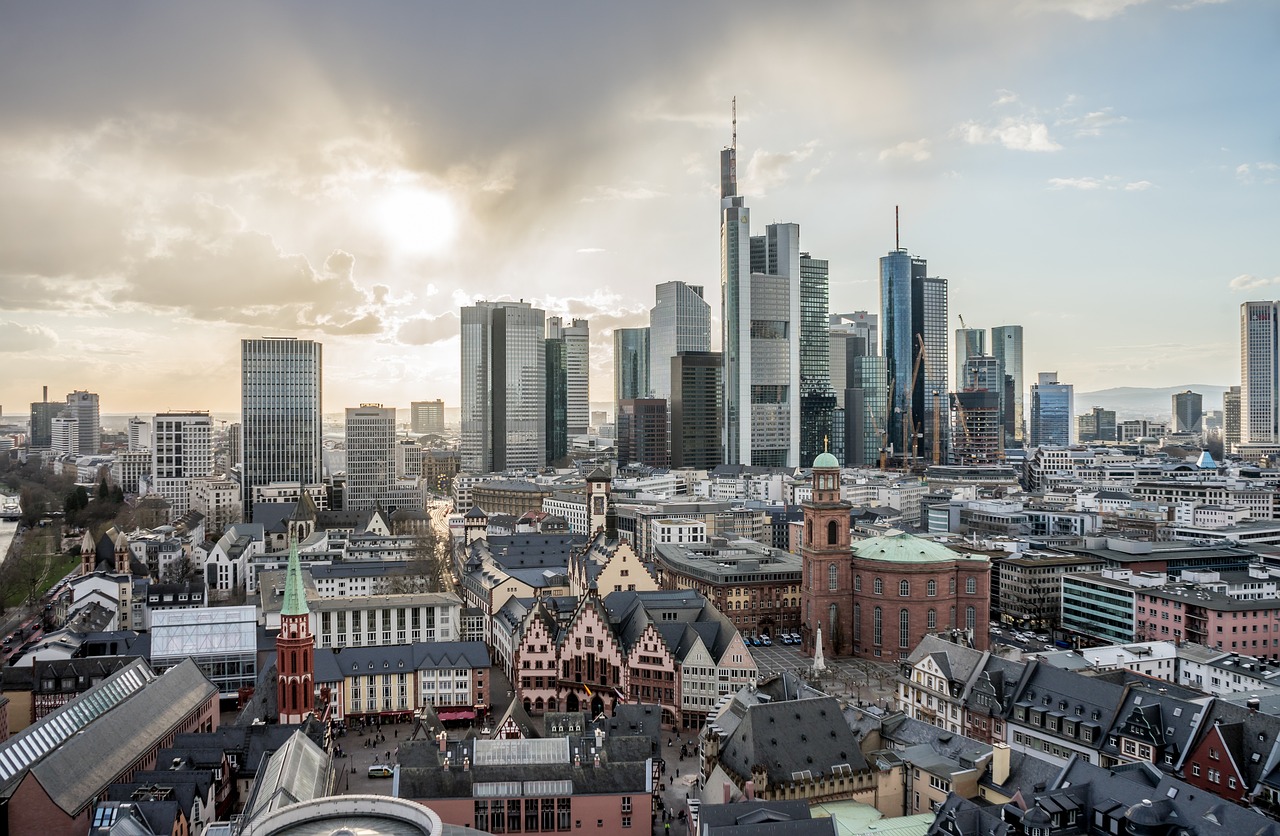Cannabis
Frankfurt’s Battle: The Growing Shadow of the Cannabis Black Market
Despite cannabis legalization in Frankfurt, the expected boom hasn’t occurred, with only two cultivation association applications submitted out of a possible 129. Challenges include complex paperwork and unclear training requirements. The Frankfurt police and Public Order Office report minimal changes, and the black market persists. The city remains interested in controlled cannabis distribution but lacks a clear timeline.

The black cannabis market in Frankfurt has experienced a boom since legalization. This is reported by the Frankfurter Neue Presse.
Despite the legalization of cannabis, only a few applications have been submitted in Frankfurt to establish cultivation associations. There are many reasons for this.
Although the first legally grown cannabis plants are now being harvested in many Frankfurt apartments, the effects of legalization in the city are rather small. Although the smell of grass is a little more common, the feared boom has not materialized.
This is particularly noticeable in the applications to establish cultivation associations: in Frankfurt, up to 129 such associations could be formed, but just two months after the law came into force, the Darmstadt Regional Council has only received two applications. In the whole of Hesse, only 14 applications have been submitted so far. Of these, two each were in Kassel, in the district of Gießen and in the Vogelsberg district. One each in Offenbach and the districts of Groß-Gerau, Limburg-Weilburg, Marburg-Biedenkopf and Wetterau.
Cannabis is legal in Frankfurt, but not yet established
This could be due, among other things, to the fact that interested parties have to submit numerous documents, such as certificates of good conduct, and require an Elster certificate for the electronic application. In addition, the prevention officer of the respective cultivation club must prove that they have taken part in an addiction prevention training course.
In Hesse, however, it has not yet been determined who is actually allowed to offer this training. A three-month deadline for submitting the documents could be too short for many cultivation associations, especially since the application costs between 500 and 1000 euros. None of the 14 applications have been approved so far.
The Frankfurt Public Order Office, which is responsible for monitoring the cultivation associations, has also not yet experienced the expected additional burden. A spokeswoman said that they are currently in consultation with the police to regulate the implementation of the law on cannabis for consumption in Frankfurt. A key question is how to deal with confiscated cannabis.
The number of violations of the law due to excessive amounts of cannabis is also low: 17 cases are currently pending, one of which has already been concluded. The public order office has so far collected 278.50 euros as a result. It takes action when people are caught with 25 to 30 grams of cannabis in public or 50 to 60 grams at home. Smaller amounts are legal, larger amounts constitute a criminal offense and are prosecuted by the police. Smoking weed within sight of playgrounds or schools also falls under the jurisdiction of the public order office.
There are also hardly any changes in the Frankfurt police
Little has changed at the Frankfurt police either, according to a spokesman. “We still have to check people to see if they have more cannabis than is allowed.” Although there is no bureaucratic effort involved in reporting cannabis if it is less than 25 grams, the black market will remain as there are no social clubs yet. “We therefore have to keep monitoring and checking the dealers.” A well-founded interim assessment will not be possible until summer next year at the earliest, when the cultivation associations have become established.
Much fuss about little cannabis: So far only two applications have been submitted from Frankfurt
Meanwhile, more and more cities are announcing that they want to apply for a model project for the controlled commercial distribution of cannabis. Wiesbaden signed a corresponding letter of intent in mid-August, and the Groß-Gerau district did the same in July. Darmstadt, Offenbach and Frankfurt have long expressed their interest.
The city of Frankfurt intends to continue to stick to these plans. “We are currently still examining the form in which scientific and practical implementation should take place,” said the health department. A timetable cannot yet be given.
__
(Featured image by Leonhard_Niederwimmer via Pixabay)
DISCLAIMER: This article was written by a third party contributor and does not reflect the opinion of Born2Invest, its management, staff or its associates. Please review our disclaimer for more information.
This article may include forward-looking statements. These forward-looking statements generally are identified by the words “believe,” “project,” “estimate,” “become,” “plan,” “will,” and similar expressions. These forward-looking statements involve known and unknown risks as well as uncertainties, including those discussed in the following cautionary statements and elsewhere in this article and on this site. Although the Company may believe that its expectations are based on reasonable assumptions, the actual results that the Company may achieve may differ materially from any forward-looking statements, which reflect the opinions of the management of the Company only as of the date hereof. Additionally, please make sure to read these important disclosures.
First published in HanfJournal. A third-party contributor translated and adapted the article from the original. In case of discrepancy, the original will prevail.
Although we made reasonable efforts to provide accurate translations, some parts may be incorrect. Born2Invest assumes no responsibility for errors, omissions or ambiguities in the translations provided on this website. Any person or entity relying on translated content does so at their own risk. Born2Invest is not responsible for losses caused by such reliance on the accuracy or reliability of translated information. If you wish to report an error or inaccuracy in the translation, we encourage you to contact us

-

 Markets5 days ago
Markets5 days agoSilver Dips Sharply, While Gold Gains Amid Mixed Stock Market
-

 Crowdfunding2 weeks ago
Crowdfunding2 weeks agoEvenFi Launches Run-Off Service to Protect Investors as Crowdfunding Platforms Exit
-

 Africa2 days ago
Africa2 days agoTunisia Holds Interest Rate as Inflation Eases, Debate Grows
-

 Crypto1 week ago
Crypto1 week agoEthereum’s Growing Capacity Puts Pressure on Layer 2 Platforms

























